Greetings friends.
How are you managing, in an era punctuated by an ever-intensifying beat of disasters?
Daily, I find I must pull myself back from the brink of grief and despair. Daily, I have to remind myself that our cataclysmic era is a time of great loss, yes, but also of great possibility, as every day brings new opportunities to use writing and storytelling to make the world better.
This Fall in my First Year Seminar for college students, we are reading the ancient Sumerian epic Gilgamesh. You may remember that terrified of death, the heroic King Gilgamesh leaves his city to seek immortality. On his travels he meets a survivor of the Great Flood, who, some 1500 years before the Christian Bible, tells the famous story of building an Ark to escape the rising seas. This man offers a clue as to how to find a plant conferring immortality, and in true superhero fashion Gilgamesh does succeed in obtaining the plant—only to have it stolen almost immediately by a serpent.
The implication is that snakes can shed their skins and keep on living, but we humans are doomed to die when our mortal vessels are used up—a truth that Gilgamesh is forced to accept in the end, when he returns to his city with the new awareness that immortality will come not by keeping his physical body alive, but by having the kind of life that bards will want to sing about for generations to come.
So it is with all of us, as we dance our brief time upon the stage of life—we have an opportunity to make a difference, to touch the hearts of others, to wake up to the beauty of our intricately connected planetary and cosmic home, and call to others to wake up with us and begin to live in harmony with the great pulses of Life of which we are a part.
In a scene I have always loved from To the Lighthouse, Virginia Woolf observes that when we light candles and break bread together around a table, we create a contrast where "here, inside the room, all seemed to be order and dry land; there, outside, a reflection in which things wavered and vanished, waterily. Some change at once went through [the diners]...as if they ... had their common cause against that fluidity out there."
Now, in this time of great "fluidity," all the elements of the Earth (from earthquakes to fires, windstorms and floods) are stirred up and in flux, reminding us of the fragility of life and the powerlessness of humans to impose our will on Mother Gaia.
It is not a time for old-style individual heroic quests, a la Gilgamesh; it is a time for coming together around a welcoming table, making "common cause," speaking our truths and becoming visible in our passions, even at the risk of becoming vulnerable.
In "The Transformation of Silence into Language and Action," written some 4,000 years after Gilgamesh, Audre Lorde describes the moment when she receives a breast cancer diagnosis and realizes that what she would most regret on her deathbed would be the times when she bowed to fear and silenced herself rather than speaking truth to power.
"We can sit in our corners mute forever while our sisters and our selves are wasted, while our children are distorted and destroyed, while our earth is poisoned; we can sit in our safe corners as mute as bottles, and we will still be no less afraid," she says.
Lorde enjoins us to give up on waiting for that magical moment when we are no longer afraid. Instead, she concludes, "we can learn to work and speak when we are afraid in the same way we have learned to work and speak when we are tired. For we have been socialized to respect fear more than our own needs for language and definition, and while we wait in silence for that final luxury of fearlessness, the weight of that silence will choke us."
But in the 21st century, speaking truth to power can be scary, exposing us to potential of being "cancelled" by a digital mob.
In her book We Will Not Cancel Us, Adrienne Maree Brown criticizes cancel culture as counter-productive for those of us who want to make the world better, making an important distinction between punitive justice and transformative justice: "Canceling is punishment, and punishment does not stop the cycle of harm, not long term (75).
Instead she proposes that we practice transformative justice, "the work of addressing harm at the root, outside the mechanisms of the state, so that we can grow into right relationship with each other" (5).
In imagining this "right relationship," Brown uses the metaphor of mushrooms and their mycelial network: what we see on the surface "is always evidence of a much more complex and wider network of connections underground." Because of this, she says, "We won't end the systemic patterns of harm by isolating and picking off individuals....We need to flood the entire system with life-affirming principles and practices" (8).
"What are the words you do not yet have? What do you need to say?" Lorde demands. "What are the tyrannies you swallow day by day...until you will sicken and die of them, still in silence?"
If there was ever a time to stand up and share what's in our hearts, it is now, in this time of great geo-psycho-spiritual transformation.
Brown's mycelium metaphor to describe the human collective is apt. Below the visible "fruits," individuals walking the Earth, is a vast invisible networked hive mind of humanity. In our internet age, it takes only a few of us speaking up loud and clear to shift the collective consciousness.
Sadly, we are dealing with such a cacophony of voices that it can be hard to discern truth anymore. Whom do we trust?
I trust those who, like Lorde and Brown, don't offer answers but point us back into our own hearts and minds by posing questions that steer us away from apathy and despair, inviting us to join them in building an Ark of words that will help move us towards a more harmonious and happy future.
These cataclysmic times are calling on all of us to break our silence and open our hearts, writing to right the world.
Yours in the fire of transformation,
Jennifer

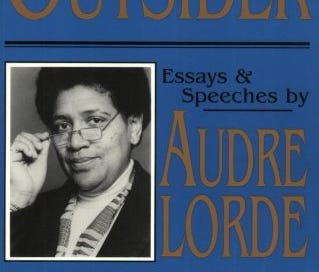



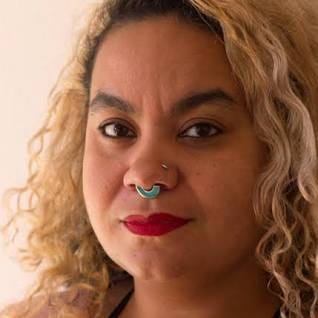

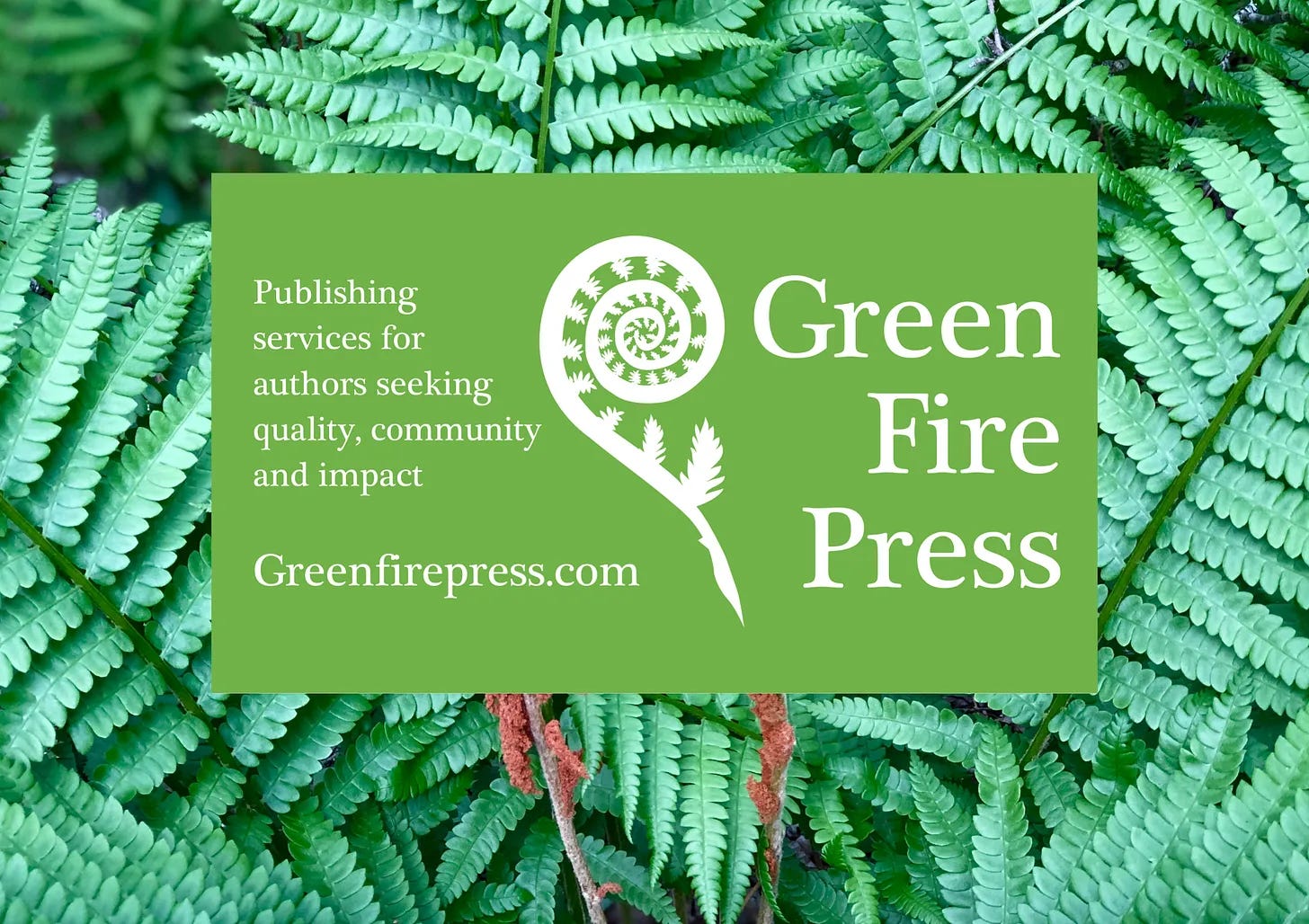
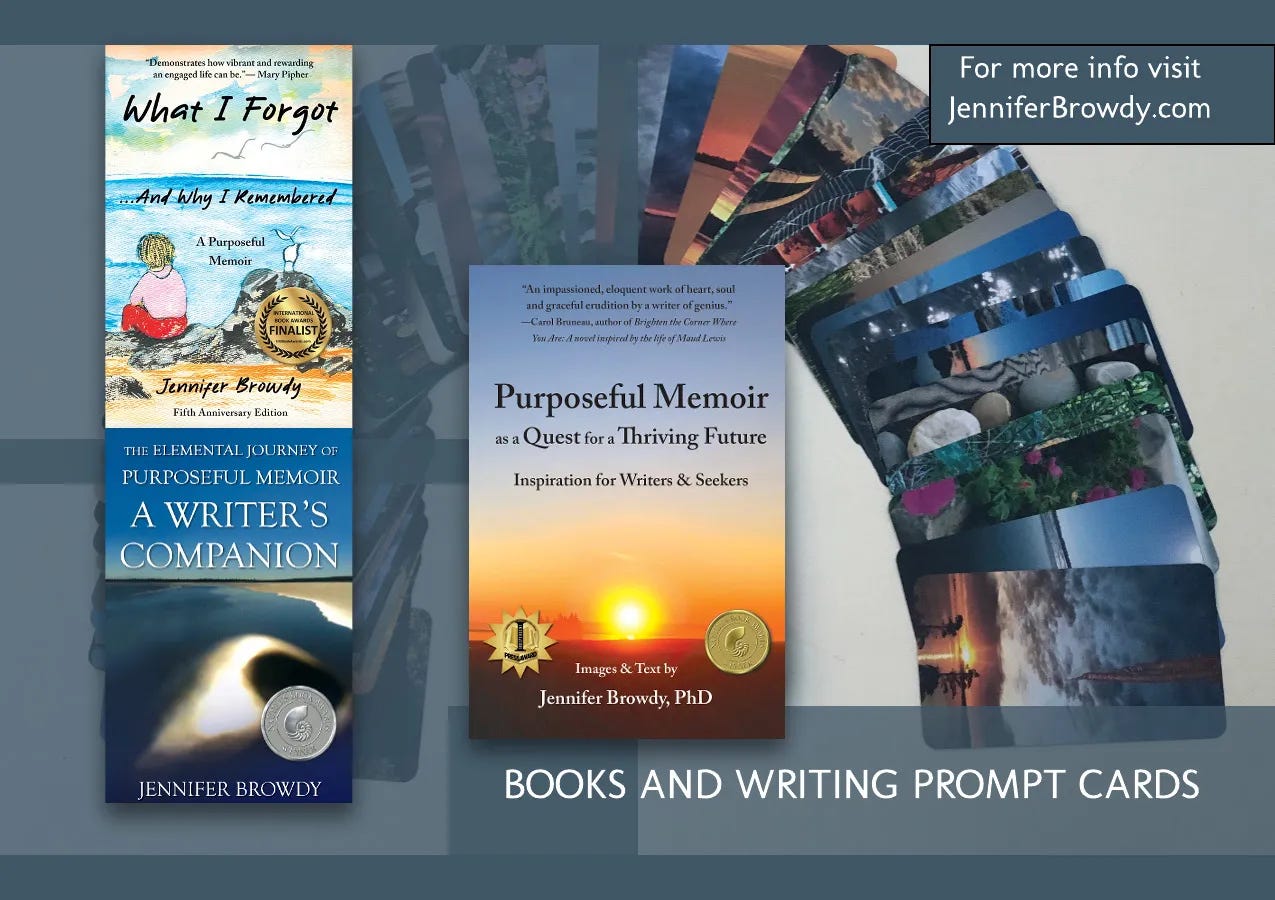
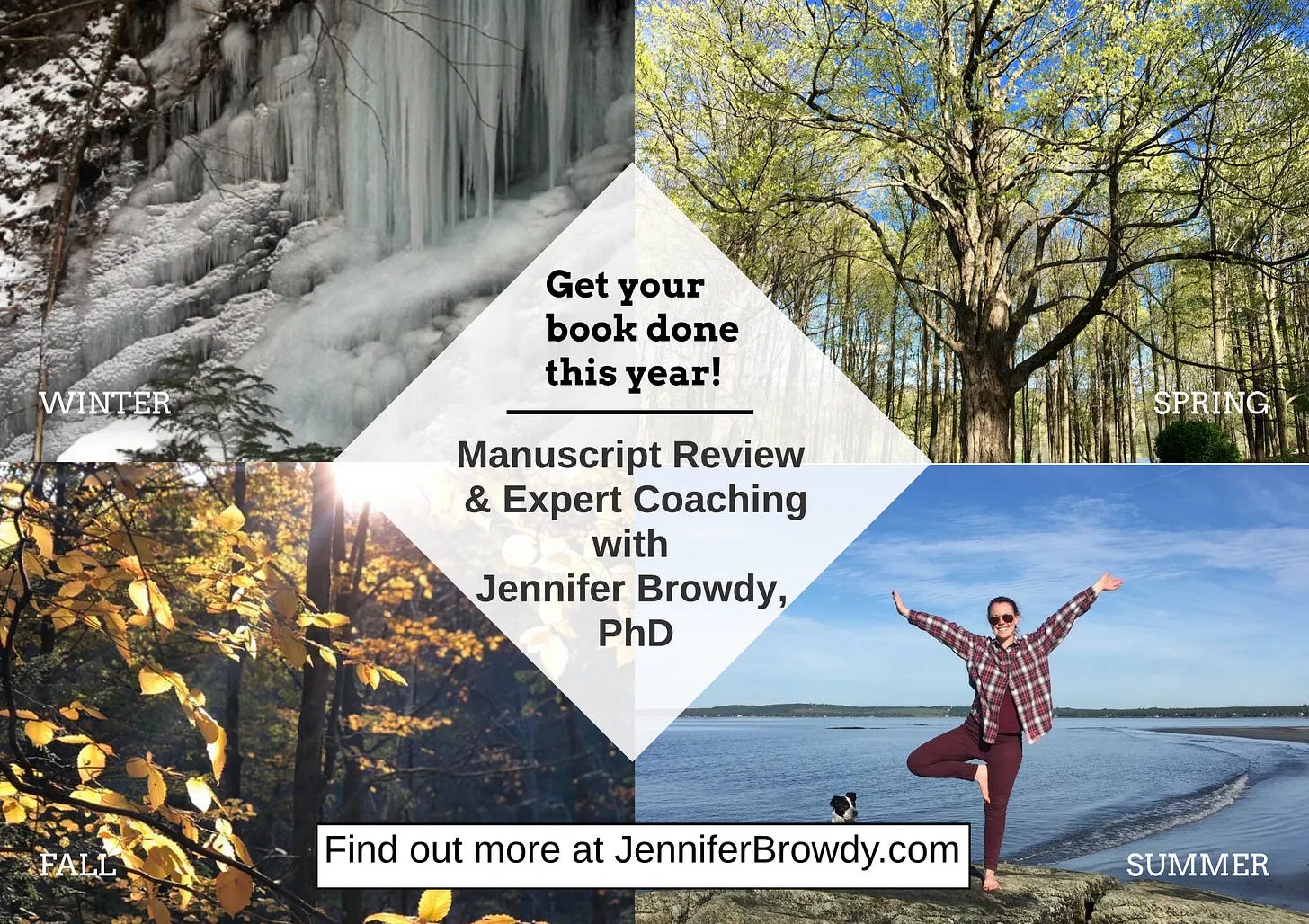

Glorious Nova Scotia sunrise and thought-provoking piece of writing... which I'll contemplate for a while... THANK YOU, Jennifer.
I am so grateful that you have been able to move past your despair to write, teach, and remind us all of the connections that are, as Gilgamesh discovered, all we have.